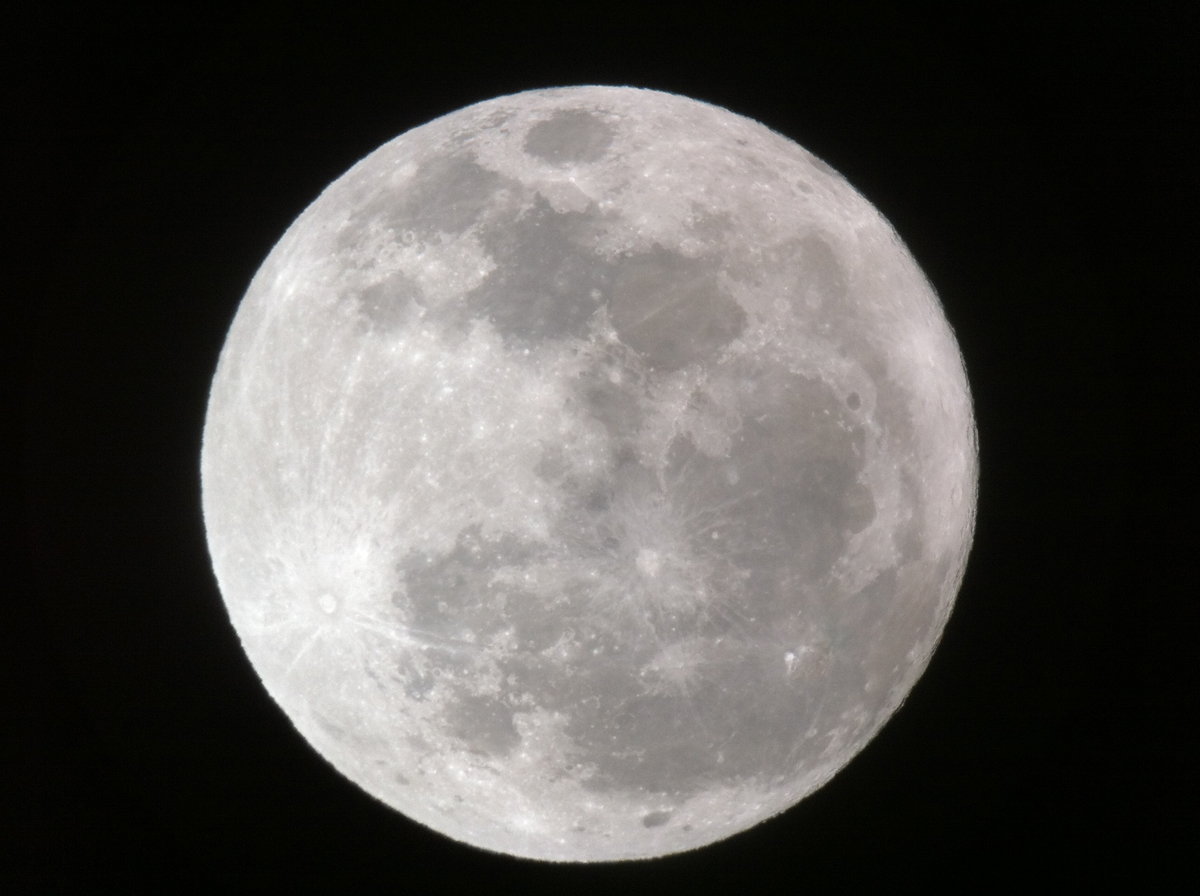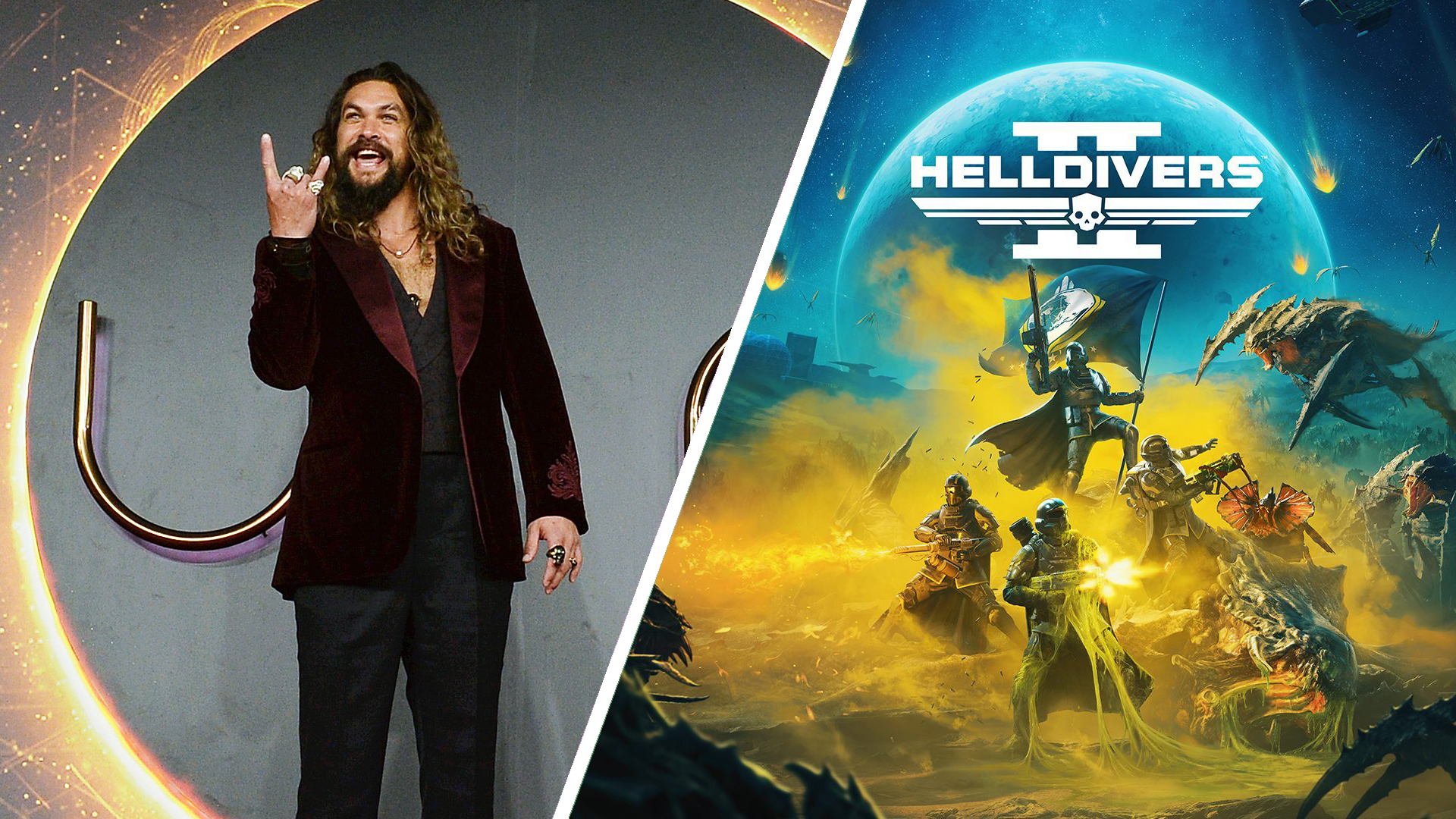Russia Aims for Manned Moon Landing by 2030

Breaking space news, the latest updates on rocket launches, skywatching events and more!
You are now subscribed
Your newsletter sign-up was successful
Want to add more newsletters?

Delivered daily
Daily Newsletter
Breaking space news, the latest updates on rocket launches, skywatching events and more!

Once a month
Watch This Space
Sign up to our monthly entertainment newsletter to keep up with all our coverage of the latest sci-fi and space movies, tv shows, games and books.

Once a week
Night Sky This Week
Discover this week's must-see night sky events, moon phases, and stunning astrophotos. Sign up for our skywatching newsletter and explore the universe with us!

Twice a month
Strange New Words
Space.com's Sci-Fi Reader's Club. Read a sci-fi short story every month and join a virtual community of fellow science fiction fans!
Russia plans to send cosmonauts to the moon and unmanned spacecraft to Mars, Venus and Jupiter, all by 2030, according to news reports.
These ambitious spaceflight goals are laid out in a strategy document drawn up recently by Russia's Federal Space Agency (known as Roscosmos), the Russian newspaper Kommersant reported Tuesday (March 13).
And there's more. Roscosmos wants a new rocket called Angara to become the nation's workhorse launch vehicle by 2020, replacing the venerable Soyuz and Proton rockets that have been carrying the load since the 1960s.
The space agency also plans to top Angara with a new six-seat spaceship, an upgrade over the three-passenger Soyuz spacecraft that is currently the world's only means of transporting astronauts to and from the International Space Station. [Photos: Building the International Space Station]
Angara will launch from a new spaceport in eastern Russia called Vostochny, Russian news outlet RT reports. Construction began on the $20 billion Vosotchny cosmodrome last year, and Roscosmos hopes it will be ready to replace the old Baikonur facility — which is outside Russia's borders, in neighboring Kazakhstan — by 2018.
Russia's new space vision focuses heavily on the moon. In addition to the manned lunar landing, Roscosmos is considering building a space station in orbit around Earth's nearest neighbor by 2030. Russia is a key partner in the recently completed International Space Station, but at the moment the $100 billion orbiting lab is only slated to operate through 2020.
The Russian space plan also calls for sending robotic probes to visit Venus, Jupiter and Mars by 2030.
Breaking space news, the latest updates on rocket launches, skywatching events and more!
Roscosmos' goals may strike some observers as incredibly ambitious, especially given the Russian space program's poor track record recently.
In February 2011, for example, a Rockot launch vehicle failed to place an Earth-observing satellite in the proper orbit. On Aug. 18, a Proton rocket similarly underperformed, delivering a $300 million communications satellite to the wrong orbit.
Less than a week later, on Aug. 24, the unmanned Progress 44 supply ship crashed while hauling cargo to the space station. Progress 44 was done in by a problem with its Soyuz rocket. Russia uses a similar version of the Soyuz to launch astronauts to the space station, so manned flights were temporarily put on hold until the problem with the rocket could be identified and fixed.
A Soyuz 2 rocket crashed just after liftoff on Dec. 23, destroying a Russian military communications satellite. Finally, the failed Mars probe Phobos-Grunt came crashing back to Earth on Jan. 15, 2012, two months after getting stuck in Earth orbit shortly after liftoff.
Phobos-Grunt was the 19th spacecraft Russia has launched toward Mars since 1960. None has achieved full mission success.
While Russia did resume rocket launches after each incident, Roscosmos officials were forced to delay the planned launch of the next Soyuz spacecraft carrying a new space station crew after the capsule was damaged in a pressure test. The delay pushed the Soyuz crew launch back from a planned late March liftoff to no earlier than mid-May to allow time for repairs.
Follow SPACE.com for the latest in space science and exploration news on Twitter @Spacedotcomand on Facebook.

Space.com is the premier source of space exploration, innovation and astronomy news, chronicling (and celebrating) humanity's ongoing expansion across the final frontier. Originally founded in 1999, Space.com is, and always has been, the passion of writers and editors who are space fans and also trained journalists. Our current news team consists of Editor-in-Chief Tariq Malik; Editor Hanneke Weitering, Senior Space Writer Mike Wall; Senior Writer Meghan Bartels; Senior Writer Chelsea Gohd, Senior Writer Tereza Pultarova and Staff Writer Alexander Cox, focusing on e-commerce. Senior Producer Steve Spaleta oversees our space videos, with Diana Whitcroft as our Social Media Editor.
